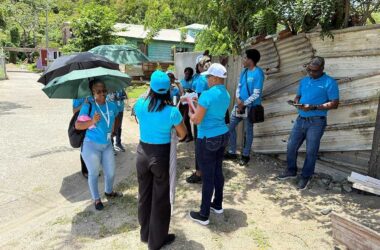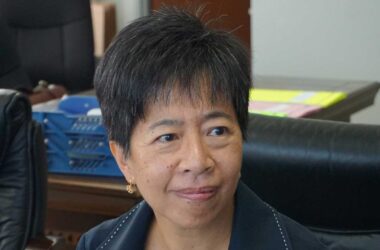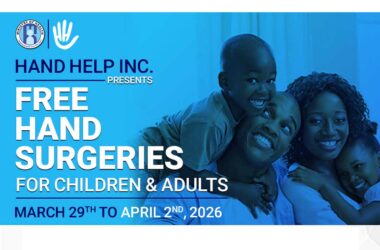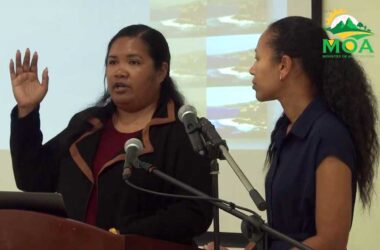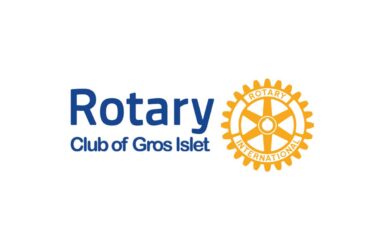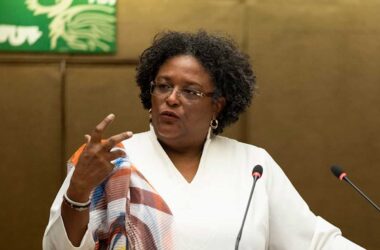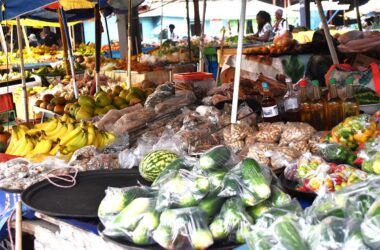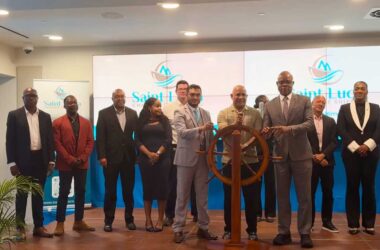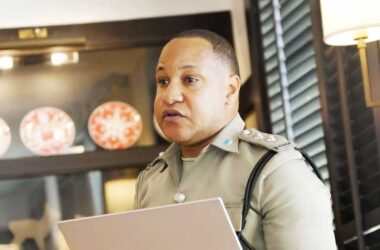A comprehensive and revealing study chronicling the situational needs of Persons living with Disabilities (PWDs) in Saint Lucia has concluded, and is now ready for review.
The Study was commissioned by the Caribbean Development Bank (CDB), to assess the situation of persons living with disabilities in four borrowing member countries, Saint Lucia, Grenada, Trinidad & Tobago and Jamaica and was undertaken by researchers at the University of the West Indies.
Drawing on resources from the Central Statistical Office, the telling survey was conducted in close partnership with the National Council for Persons with Disabilities, under the watchful eye of the Ministry of Equity, Social Justice and Empowerment.
The rationale was to get a clearer and more detailed assessment of the core issues affecting everyday lives of persons living with disabilities, and how governments could better tailor their social protection services to meet and satisfy a myriad of emerging needs.
Drawing on data from 2019 and stretching into 2021, 4.6 % of all persons surveyed reported at least one disability. Females accounted for more than half of the population of persons living with disabilities (53.1%), with persons between the age group of 60 plus accounting for the largest share of PWDs (57.0%).
The assessment was carried out using a mixed method approach that factored in quantitative, and qualitative research, together with institutional assessments and focus group discussions. The institutional assessment consisted of interviews with representatives from various Ministries, Disability Associations, Private Sector Organizations and Schools. Focus group discussions were conducted with adults and children living with disabilities.
During the period June 27, 2022 to July 1, 2022, the Ministry of Equity will convene a series of sensitization sessions to focus on the preliminary findings of the study. During these sessions, researchers will propose short, medium and long-term solutions for improvement in the quality of lives of persons living with disabilities.
The public is invited to attend the sessions and provide feedback.


